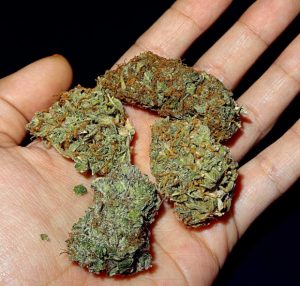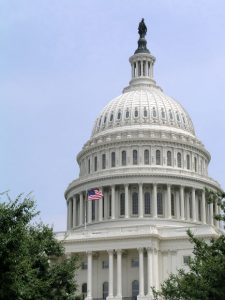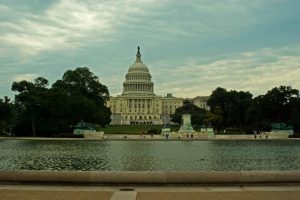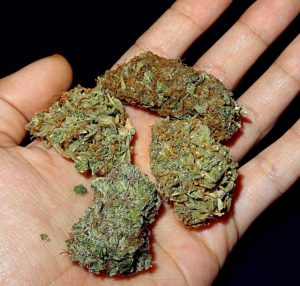Marijuana Impaired Driving Studied by Colorado Universities Using iPods
Researchers in Colorado are exploring the ways in which “dabbing” – a form of rapid consumption of cannabis concentrates by vaporizing – can impair one’s ability to drive, and they’re doing it with iPods. 
A group of researchers from the University of Colorado Boulder are teaming up with a researcher from Colorado State University to explore this highly potent method of using marijuana. CSU notes this study is a “first-of-its-kind,” and the hope is to eventually prevent instances of driving under the influence that endangers lives.
Our L.A. marijuana defense attorneys recognize that our state, like Colorado, has a vested interest in enforcing anti-impairment laws for motorists. After all, we know marijuana has the ability to impair one’s driving abilities and we know impaired drivers have slower reaction times and lowered inhibitions that can endanger passengers and other motorists. However, the problem specifically when it comes to marijuana impairment behind the wheel is that the determination is subjective. Continue reading
 Cannabis Law Group's Medical Marijuana Legal Blog
Cannabis Law Group's Medical Marijuana Legal Blog








 However, his hands are currently tied in prosecuting those who grow, distribute, dispense, and possess for personal use any medical marijuana. The reason his hands are tied is because the Rohrabacher-Farr amendment was passed with bipartisan support in Congress and prohibits the U.S. Department of Justice (DOJ) from spending taxpayer dollars to prosecute medical marijuana in states where medical marijuana is legal.
However, his hands are currently tied in prosecuting those who grow, distribute, dispense, and possess for personal use any medical marijuana. The reason his hands are tied is because the Rohrabacher-Farr amendment was passed with bipartisan support in Congress and prohibits the U.S. Department of Justice (DOJ) from spending taxpayer dollars to prosecute medical marijuana in states where medical marijuana is legal. 



